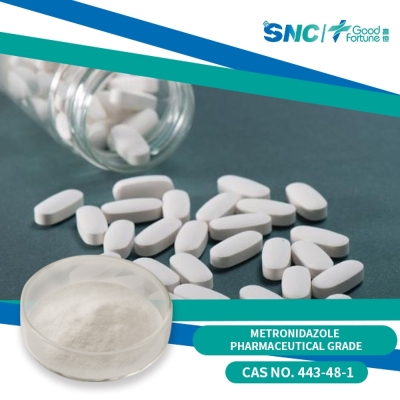-
Categories
-
Pharmaceutical Intermediates
-
Active Pharmaceutical Ingredients
-
Food Additives
- Industrial Coatings
- Agrochemicals
- Dyes and Pigments
- Surfactant
- Flavors and Fragrances
- Chemical Reagents
- Catalyst and Auxiliary
- Natural Products
- Inorganic Chemistry
-
Organic Chemistry
-
Biochemical Engineering
- Analytical Chemistry
-
Cosmetic Ingredient
- Water Treatment Chemical
-
Pharmaceutical Intermediates
Promotion
ECHEMI Mall
Wholesale
Weekly Price
Exhibition
News
-
Trade Service
Minocycline hydrochloride is a semisynthetic tetracycline antibiotic that is widely used in the treatment of various bacterial infections.
In addition to its use in medicine, minocycline hydrochloride also has several applications in the chemical industry.
One of the most common applications of minocycline hydrochloride in the chemical industry is as a catalyst for the production of polycarbonate plastics.
Polycarbonate plastics are widely used in the manufacture of a variety of products, including electrical equipment, medical devices, and automotive parts.
Minocycline hydrochloride is used as a catalyst in the production of polycarbonate plastics because it is able to initiate the polymerization process, which forms the long chains of carbonate groups that give polycarbonate plastics their unique properties.
Another application of minocycline hydrochloride in the chemical industry is in the production of detergents.
Minocycline hydrochloride is added to detergent formulations as a builder, which helps to soften water and improve the cleaning power of the detergent.
This is achieved by the minocycline's ability to form complexes with hard water ions, which makes it easier for the detergent to remove dirt and stains.
Minocycline hydrochloride is also used in the production of textile fibers.
In this application, minocycline hydrochloride is used as a catalyst in the polymerization of bisphenol A, which is a precursor to polycarbonate plastics.
The resulting minocycline-bisphenol A copolymer is then used as a raw material in the production of polyester fibers, which are widely used in the manufacture of clothing and other textile products.
In addition to its use as a catalyst in the production of various plastics and textile fibers, minocycline hydrochloride is also used as an intermediate in the production of other chemicals.
For example, minocycline hydrochloride can be used as a starting material for the synthesis of other tetracycline antibiotics, such as doxycycline and tetracycline itself.
It can also be used in the production of other chemicals, such as antioxidants and dyes.
Minocycline hydrochloride is also used in the field of materials science.
It is used as a precursor in the production of metal-organic frameworks (MOFs), which are materials that have a hierarchical structure consisting of metal ions or clusters connected by organic linkers.
These materials are of interest for a wide range of applications, including catalysis, gas storage, and sensing.
Minocycline hydrochloride can be used as a precursor for the synthesis of MOFs because of its ability to form coordinative bonds with metal ions, which can be used to create the hierarchical structure of the MOF.
In conclusion, minocycline hydrochloride is a versatile chemical that has a wide range of applications in the chemical industry.
In addition to its use in medicine, minocycline hydrochloride is used as a catalyst in the production of polycarbonate plastics, a builder in detergent formulations, and a raw material in the production of polyester fibers.
It is also used as an intermediate in the production of other chemicals and as a precursor in the production of metal-organic frameworks.
These various applications demonstrate the versatility and utility of minocycline hydrochloride in the chemical industry.







